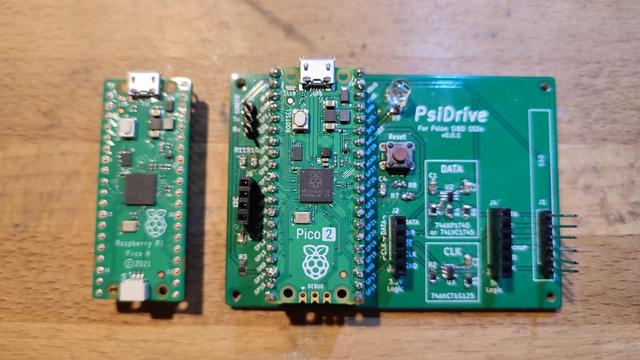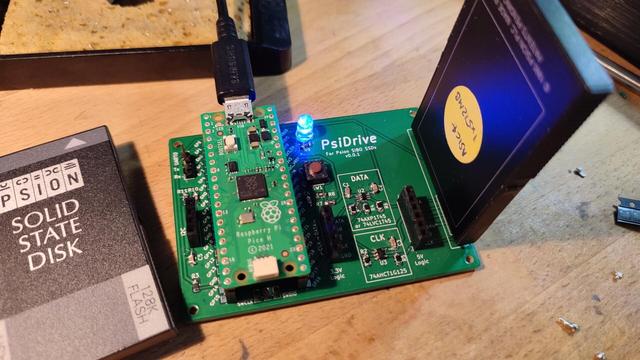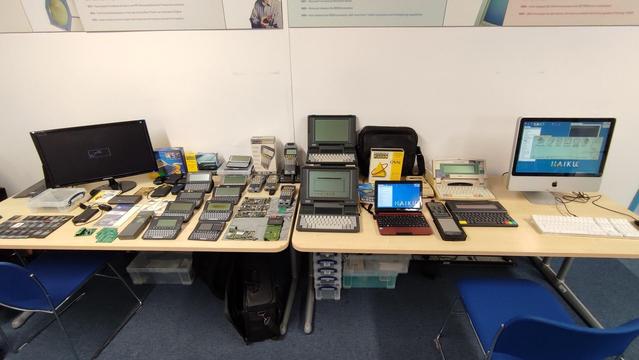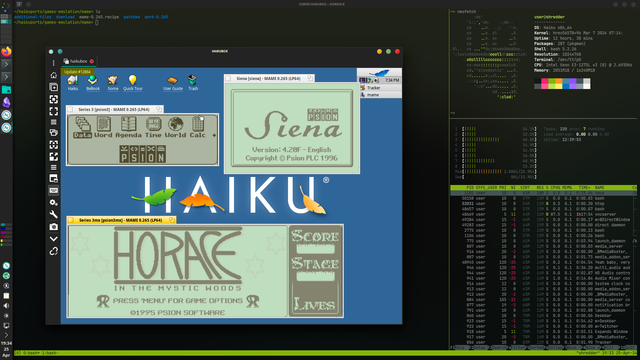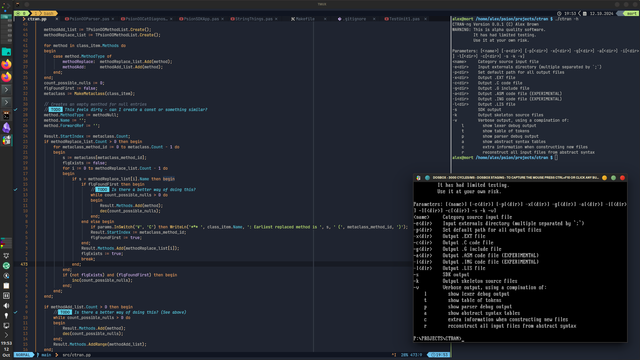An infodump on #PsiDrive, #PlatformIO, and the #RP2040 and #RP2350.
Testing libsibo (the basis of the PsiDrive firmware) on the Pico2 has reminded me that I was planning on revisiting the tooling I'm using for libsibo.
I'm currently using PlatformIO with VS Code. The main pros are usability and portability. It's very easy for me to target multiple platforms - in my case Arduino Uno, ESP32, RP2040 and RP2350 - and switch between them using a single, simple menu. Plus it means I don't have to use cmake with the Pico SDK.
But there are cons. The main issue is that PlatformIO stopped accepting pull requests on their Pico support. Basically, PlatformIO asked Raspberry Pi Trading for a recurring fee to maintain the support, and RPi said no.
Now, there is a very popular Arduino-Pico core maintained by Earle Philhower, with a PlatformIO plugin for it by Max Gerhardt. This is what I've been using so far and it's been very reliable. I can write Arduino C code that runs on any compatible board, and then tailor the code for specific boards (i.e. directly calling the Pico SDK for a speed boost). But that might not last forever.
I've been considering making libsibo RP2040 and RP2350 for some time. ESP32 support was a temporary stop-gap before landing on the RP2040, and I didn't feel like it was the right microcontroller for the job. The Uno was where it all started, but it's far too slow for use in the eventual PsiDrive device. I think I'd be better off maintaining a separate sketch that I bundle with sibodump for people who just want to dump Psion SSDs using an Uno.
This would mean I could switch completely to the pure Pico SDK - I wouldn't be reliant on any other intermediary packages. I could focus libsibo on a single platform, a single toolchain. I could also use the Pico Probe properly.
But there are downsides. I'd no longer have the safety net of the Arduino core, plus I'd probably have to rewrite some of the code to port it to the pure Pico SDK. I'd lose the nice interface, but I'd probably swap to NeoVim anyway. Plus there's cmake, but I'm going to have to learn to use it at some point anyway.
Anyway, those are my thoughts. Feel free to reply with yours, or not.
